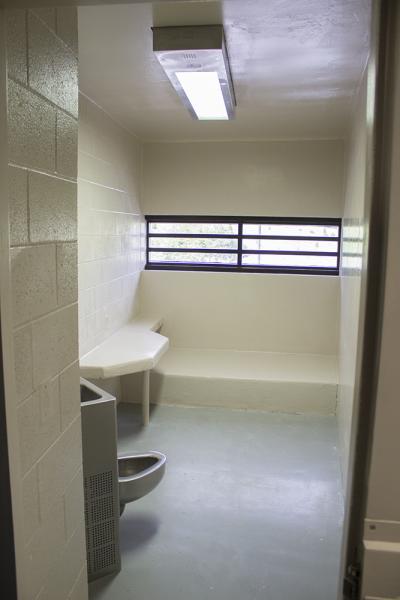This webpage has been developed in an effort to provide current and useful information to correctional agencies regarding the safe and respectful management of restrictive housing populations.
Restrictive housing has long been a feature of America’s prisons. The justifications for its use have varied over time, as has acceptance of the practice.
The 1970s and early 1980s marked the beginning of a “modern” era in restrictive housing. Several factors contributed to the trend. As the inmate population increased, so too did prison overcrowding. Many institutions were forced to scale back programming for prisoners, creating more idle time. Newly organized street gangs expanded their influence inside the prison system. Disturbances erupted into riots, sometimes consuming entire institutions. Correctional officers, already stretched thin, needed ways to control the inmate population, and placing the most disruptive inmates in restrictive housing was often considered the quickest and most effective solution.
The issue strikes at some of the most challenging questions facing corrections officials:
- How should prisons and other correctional facilities manage their most violent and disruptive inmates?
- How can they best protect their most vulnerable and victimized ones?
- What is the safest and most humane way to do so?


